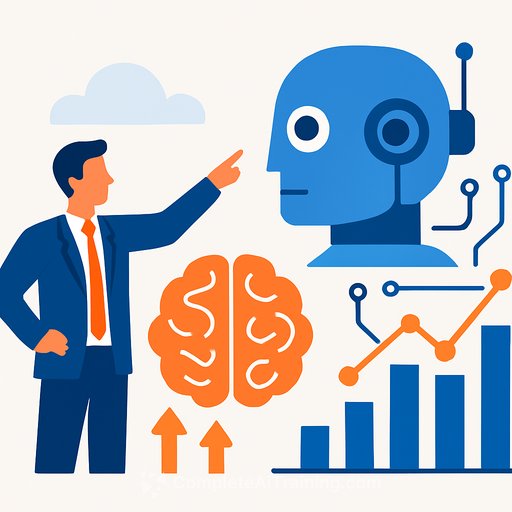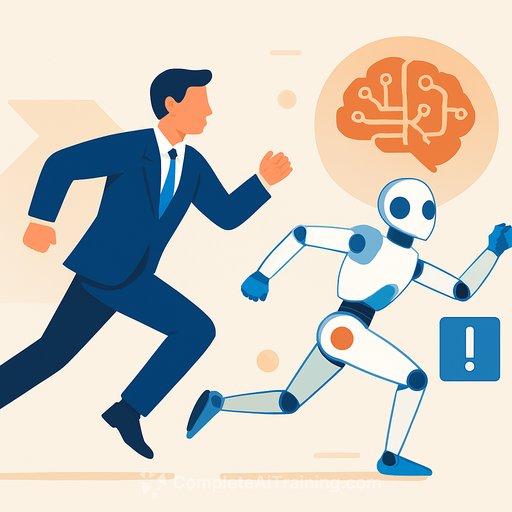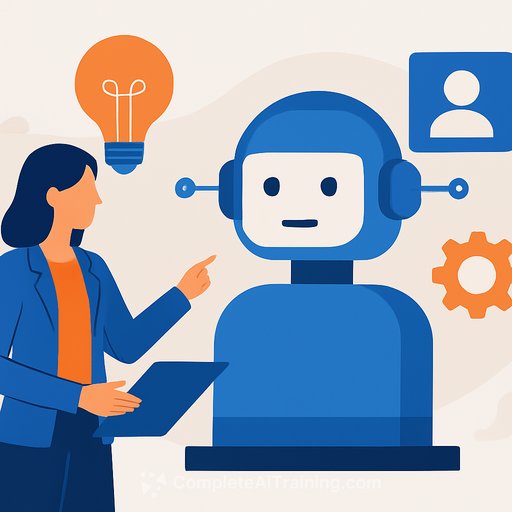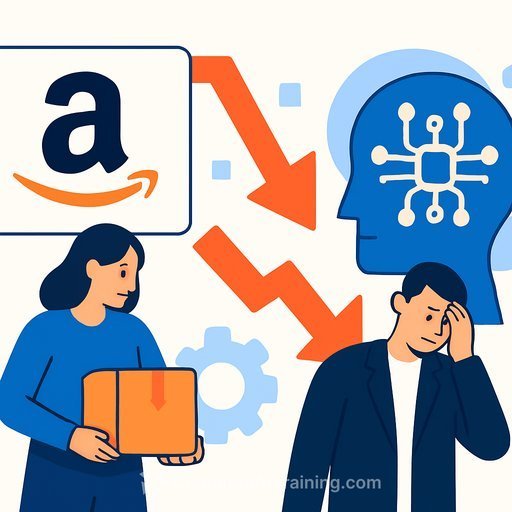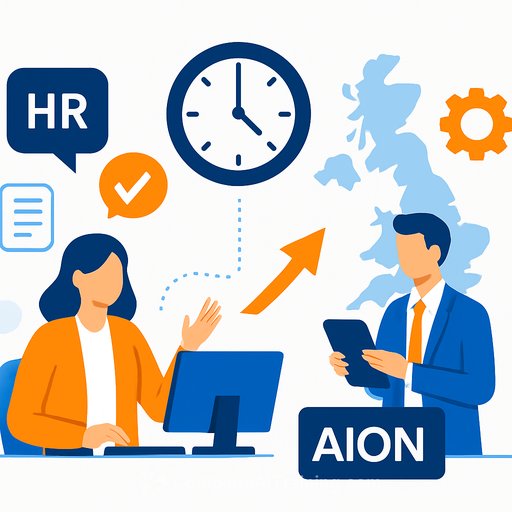How AI Is Redefining Work: A CHRO's Playbook for HR Leaders
AI won't decide the future of work. Leaders will. That was the clear throughline in a conversation with Nickle LaMoreaux, senior vice president and chief human resources officer at IBM, on how to use AI to build stronger, more capable organizations.
If you're in HR, this isn't about tools. It's about choices: automate or augment, cut costs or create value, replace tasks or redesign roles. Here's what matters now.
Growth and efficiency are the same game
AI drives both better margins and new growth-and the two feed each other. At IBM, the HR agent AskHR sped up promotions by 75% and cut errors from 14.1% to zero. That freed managers to spend time on clients, coaching and skill building.
As "Client Zero," IBM runs its own AI and automation internally before releasing them to the market. By the end of 2025, the company projected $4.5 billion in savings from these efforts. Efficiency is the fuel; human work is where you invest it.
What makes this wave different
The pace is unlike past cycles. Every job gets touched. The half-life of tech skills is down to roughly 2.5 to 5 years, which means skills expire faster than your org chart updates.
Employers have to provide access and time to learn. IBM requires a minimum of 40 hours of education per year; employees averaged 85 hours last year. Employees, in turn, have to use it. And leaders must be transparent about which skills are rising and which are fading.
Entry-level roles still matter-they're just different
Smart companies continue hiring early-career talent. They redesign entry roles to include hands-on AI work, clear learning paths and faster feedback loops.
They also plan for the time AI gives back. Extra capacity gets directed to mentoring, coaching, customer work and upskilling. Job redesign isn't a one-time project-it's a rhythm.
Incentives drive behavior: pay for skills
If you say skills matter but your pay, promotion and performance systems don't reflect it, people won't change. Leaders who get this right compensate and promote based on skills gained, not just last quarter's output.
That shift is bigger than it sounds. It's how you build a culture where learning compounds.
Augment, don't replace: the case for specialization
There's a myth that AI makes specialization irrelevant. Reality: depth is more valuable. AI can handle the routine; humans tackle the exceptions and the judgment calls.
Domain expertise is the safety net. Who catches an AI hallucination in a complex scenario? The subject-matter expert who knows the difference.
Advice for new grads-and the HR teams hiring them
- Specialize. Pick a domain and go deep.
- Work with AI daily. Prompts, agents, evaluation-make it a baseline skill.
- Join (and build) cultures that prioritize internal reskilling and continuous learning.
What HR can do this quarter
- Publish a skills taxonomy for critical roles and the learning paths to reach them.
- Guarantee learning time (e.g., 1-2 hours per week) and track completion.
- Tie pay bands and promotions to verified skills, certifications and applied projects.
- Redesign entry-level roles to include AI practice, job rotation and mentorship.
- Deploy an HR AI copilot for FAQs, policy interpretation and workflow routing; keep a human in the loop for edge cases.
- Reinvest time saved into client work, coaching and internal mobility targets.
- Set clear guardrails for accuracy, data use and escalation paths. Consider aligning to the NIST AI Risk Management Framework.
Metrics that matter
- Process cycle time (e.g., promotions, hiring, internal transfers).
- Error rates in HR transactions before vs. after AI.
- Average learning hours per employee and completion of priority skill paths.
- Internal mobility rate and time-to-productivity for reskilled roles.
- Share of roles with skills-based pay and promotion criteria.
- Manager time reallocated to coaching and client-facing work.
Signals from the market
External trends point the same way: skills-first hiring, faster reskilling cycles and augmented teams. For a macro view of shifting demand, see the Future of Jobs Report.
The bottom line
AI will not decide whether your company gets leaner or stronger. You will. Use AI to redesign work, invest in skills and put people at the center of value creation.
Trust, expertise and culture are what scale. Everything else is just tooling.
Want a head start on skills?
Explore practical learning paths by role at Complete AI Training - Courses by Job. Build what your org needs next, one skill at a time.
Your membership also unlocks:

